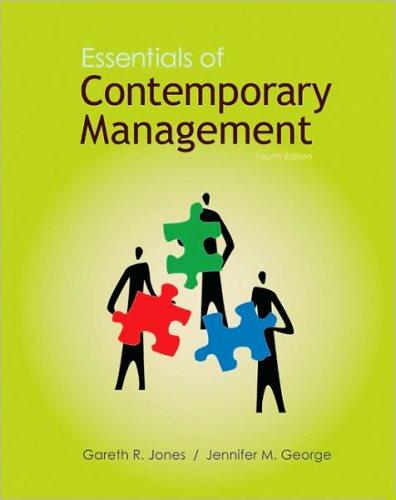K. Alan Russell has spent 23 years clearing bureaucratic and logistical hurdles for U.S. companies running low-cost
Question:
K. Alan Russell has spent 23 years clearing bureaucratic and logistical hurdles for U.S. companies running low-cost plants in Ciudad Juárez. Never has he had to do as much hand-holding as now. Each time the Mexican city makes headlines—for kidnappings, murders, or police battles with drug cartels—Russell does damage control. He calls the headquarters of the 28 tenants at his company’s industrial parks to tell executives their staff and property are safe. “They need to hear from Ground Zero that there [were] no disruptions and the violence is not affecting their people,” he says. Manufacturers have good reason to hang tough. The 41% drop in the peso against the dollar since August has made Mexico an even cheaper place to manufacture: Factory workers in Juárez can be hired for $1.50 an hour. Meanwhile, a quiet transformation has begun south of the border. For much of the decade, Mexican officials watched with dismay as multinationals crated up maquiladora operations and moved to lower-cost havens in Asia. Mexico’s schools, roads, and bureaucracy still rate poorly in international competitiveness rankings, making it hard to graduate to more sophisticated industries.
Questions
1. What kinds of advantages can U.S. companies obtain if they move production to Mexico?
2. What are some possible disadvantages and threats of moving production to Mexico?
3. Why are more companies making investments in Mexico as opposed to China?
Step by Step Answer:

Essentials Of Contemporary Management
ISBN: 9780078137228
4th Edition
Authors: Gareth R. Jones, Jennifer M. George





